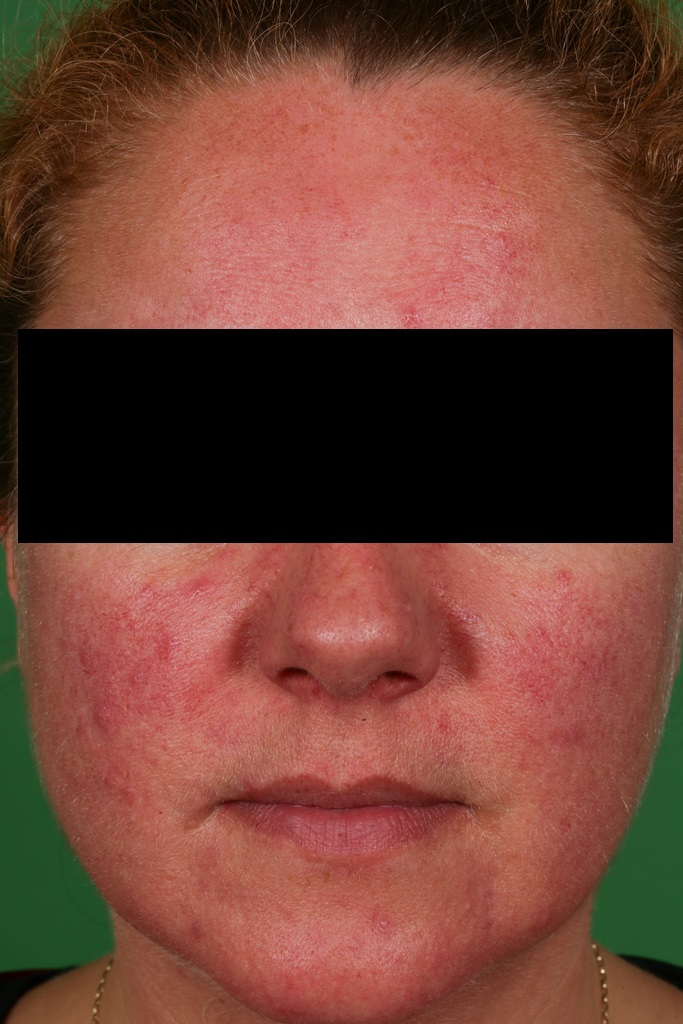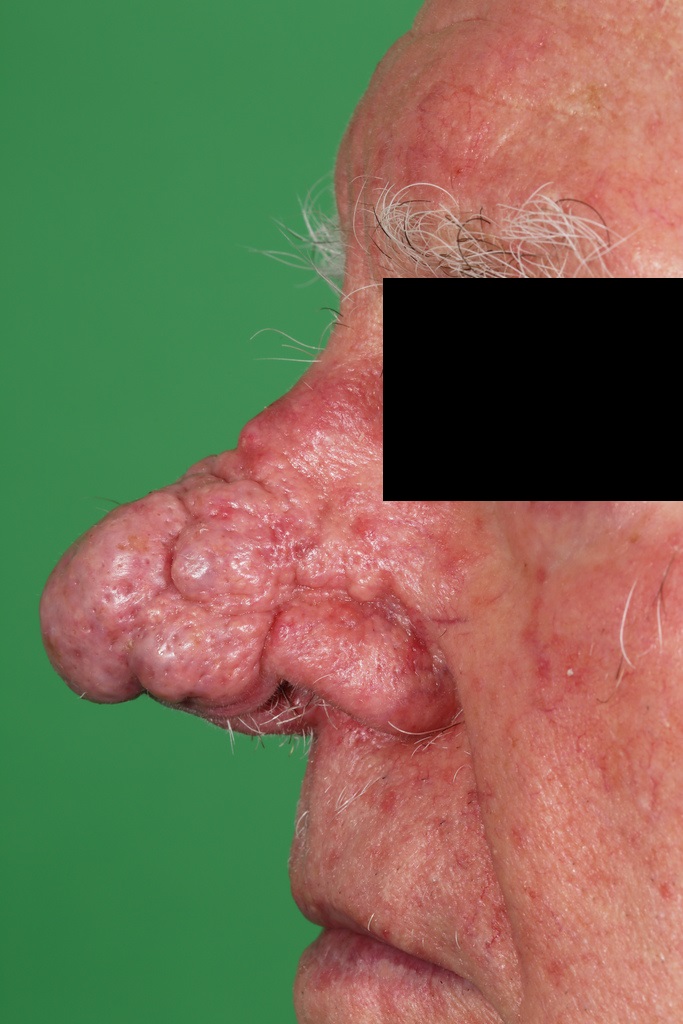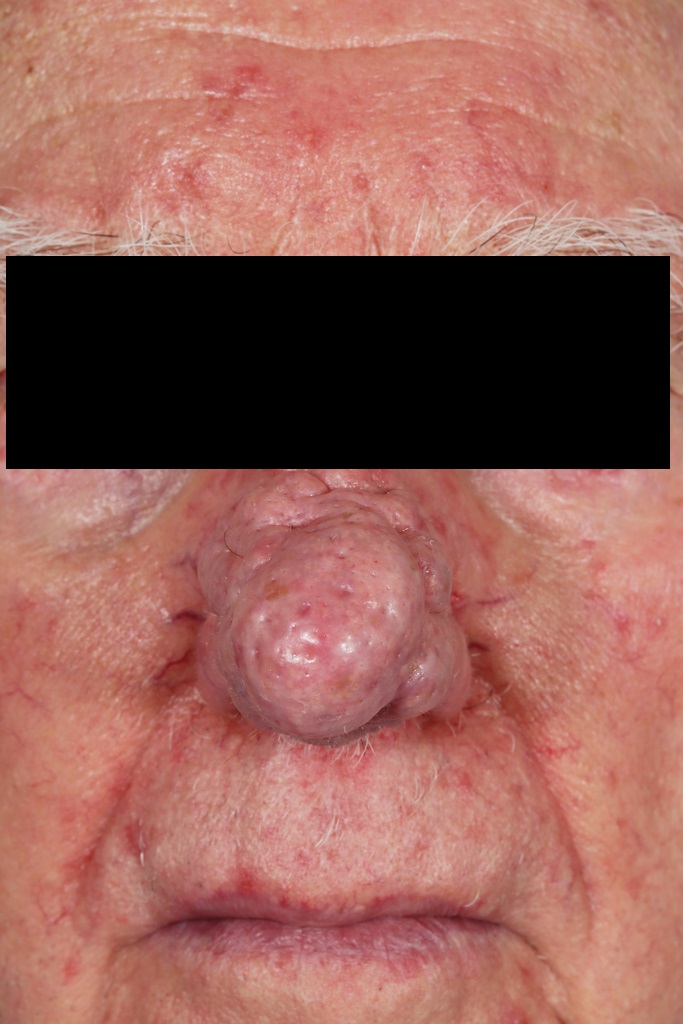Right Decision Service newsletter: March 2024
Welcome to the Right Decision Service (RDS) newsletter for March 2024. Please forward this newsletter to others who may be interested. They can contact olivia.graham@nhs.scot to be added to the circulation list.
Promotion and communication resources
Promotional flyers are now available in the Learning and Support area of RDS:
All except the infographic are also available as editable Word versions. Please contact his.decisionsupport@nhs.scot if you would like Word versions.
Redesign and improvements to RDS
Search and browse improvements are progressing well and the plan is still to release these in mid-May. The first stages of work on archiving and version control are complete. User stories (requirements) are being defined for:
- Deep linking to individual toolkit URLs/QR codes
- Translating content from a structured Word document directly into RDS
- Capability to review and edit changes made to shared content
New feature requests
These have all been compiled and effort estimated. Once the redesign work is complete, these will be prioritised in line with the remaining budget. We expect this to take place around late June.
Evaluation
A big thank you to all of you who have completed our Impact and Value questionnaire. The data from this will be really helpful in informing the first draft of the business case for long term provision of the RDS. This will be reviewed by the National Advisory Board for RDS later this month.
We welcome further responses. If you haven’t yet completed the survey, please follow this link, and please encourage other RDS toolkit leads and users to do so.
New toolkits
A few examples of toolkits published to live in the last month:
Toolkits in development
Some of the toolkits the RDS team are currently working on:
- Updates to the Respiratory prescribing guidance and Manage Medicines for patients and carers toolkits
- Respiratory Managed Clinical Network Pathways
- Child abuse pathways in NHS Tayside
- Patient information leaflet collection in NHS Borders
- Referral management toolkit for NHS Borders
- NHS Lothian – Infectious diseases; Acute oncology guidelines; Royal Infirmary of Edinburgh Emergency Care.
Please contact his.decisionsupport@nhs.scot if you would like to learn more about a toolkit. The RDS team will put you in touch with the relevant toolkit lead.
Learning opportunities
The RDS Learning working group is progressing with developing training resources for editors, and intend to have resources to share by end of June. This includes resources for:
- Each stage of the development journey for RDS toolkits – Scoping to Implementation/Evaluation and Maintenance.
- RDS content governance.
- Core functionality – learning bytes.
Editor webinars
Just a reminder that we are offering webinars for existing and potential new editors on the following dates:
- Wednesday 10 April 3.30-4.30 pm
- Thursday 18 April 12-1 pm
To book for one of these webinars, please complete the registration form at https://forms.office.com/e/eGjKqNVjeF
Quality audit
Many thanks to all of you who have met with me recently to complete or clarify your responses to the quality audit survey at the end of last year. Work to complete the quality audit for all toolkits published on RDS prior to November last year will continue for the next few months.
Implementation projects
The RDS team is now working with Moray HSCP to evaluate impact of the new RDS toolkit “Preventing progress of diabetes” (https://preventdiabetes.scot.nhs.uk ) to support people at high risk of diabetes type 2 and those who are candidates for remission. We are looking at the impact of use of the app with SMS prompts on people’s readiness for lifestyle change over an 8 week period. This includes comparing impact in people who have a call with a dietitian in addition to using the app to people who only use the app.
If you have any questions about the content of this newsletter, please contact us on his.decisionsupport@nhs.scot.
With kind regards
Right Decision Service team
Healthcare Improvement Scotland



